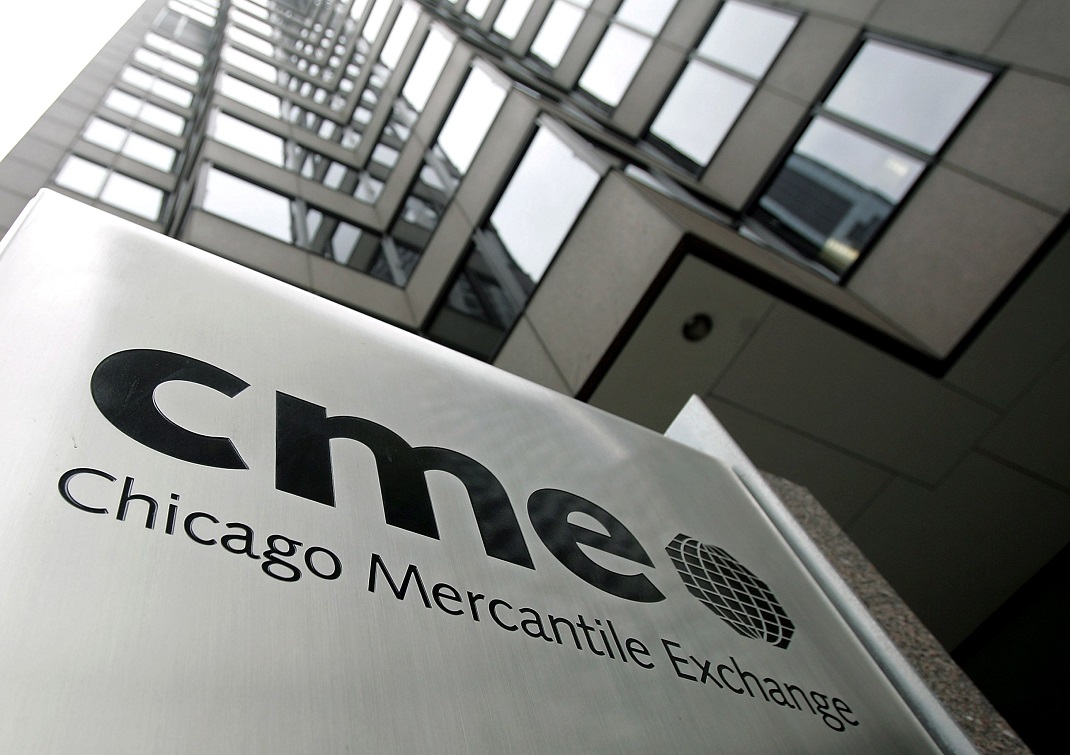At the TokenizeThis 2024 conference, former SEC Commissioner Troy Paredes criticized the SEC for its expansive interpretation of digital assets as securities. Concurrently, Ethereum co-founder Joseph Lubin at the F.T. Live summit accused the SEC of stifling innovation to protect traditional banking from Ethereum's transformative potential.
Ex-SEC Commissioner Paredes Critiques Agency's Broad Crypto Definitions Amid Regulatory Debates
According to Cointelegraph, Troy Paredes, a former commissioner of the United States Securities and Exchange Commission (SEC) from 2008 to 2013, claimed that the regulator's definition of whether digital assets constituted securities was overly broad.
Speaking at the TokenizeThis 2024 conference in Miami on May 9, Paredes stated that SEC Chair Gary Gensler appeared to suggest that the commission clearly understood what constituted a security under the Howey test. However, he noted that the SEC still had a "jurisdictional question" regarding digital assets.
"I mean, if it's not a security, then it's outside the scope of the federal securities laws in the SEC's jurisdiction," said Paredes. "The commission, I believe, has taken a very expansive view as to what constitutes a security under the Howey test."
The former commissioner noted that many in and outside of the SEC appeared to be focusing on designating specific tokens as securities but not on how to "adapt the regulatory regime" for digital assets. He stated that there was "a lot of uncertainty" among businesses striving to comply with regulatory standards.
Many have criticized the SEC's "regulation by enforcement" approach to crypto businesses that provide tokens or crypto services to U.S. residents. Following the Wells notice, the commission filed litigation against Binance, Kraken, and Ripple, and it may be contemplating an enforcement action against Robinhood.
Many lawmakers have responded to the SEC's moves, seeking to limit the agency's authority over digital assets—a majority in the U.S. The House of Representatives repealed an SEC Staff Accounting Bulletin on banks that store consumers' digital assets. President Joe Biden stated that he intends to veto the law.
Joseph Lubin Challenges SEC, Asserts Regulatory Overreach Threatens U.S. Innovation in Finance
Ethereum co-founder Joseph Lubin says the U.S. Securities and Exchange Commission purposely impeded innovation, endangering the country's financial landscape.
Lubin spoke at F.T. Live's Crypto and Digital Asset summit in London, explaining Consensys' intention to challenge the SEC after getting a Wells notice from the U.S. securities regulator.
"The SEC appears to have reclassified Ether as a security without telling anybody that that's the case. They are going about a strategic series of enforcement actions rather than open discourse and clear rulemaking," Lubin said.
The CEO of Consensys, which created the MetaMask wallet, stated that the enforcement proceedings are intended to instill fear, uncertainty, and doubt in the cryptocurrency industry "in an attempt to paralyze" and force the company offshore.
Lubin stated that the firm's counteraction against the SEC is intended to obtain more clarity from U.S. courts, given that the Commodity Futures Trading Commission previously classed Ether as a commodity.
The Consensys CEO also cited the forthcoming deadline for the SEC to rule on approving Ether spot exchange-traded funds (ETFs) as a motivating factor for the regulator's ongoing enforcement action against Ethereum.
"We believe that there's a flurry of activity designed to enable them to say that their action wasn't capricious in the very likely event that they deny the Ether spot ETFs," Lubin explained.
Lubin stated that the SEC had noted how much capital had moved into the ecosystem after the approval of spot Bitcoin ETFs.
"I think they're concerned that so much attention and capital will flow to our ecosystem, considering it is improving enormously in terms of scalability and usability."
Lubin further hypothesized that the potential of banking industry clients to transfer assets to digital forms via decentralized finance frameworks may worry many banks and other financial institutions.
"The SEC probably doesn't want to see a wave of innovation that will really transform the landscape," he said.
The significance of a favorable judgment against the SEC might have far-reaching consequences for the Bitcoin and technology environment in the United States.
Lubin said the SEC's assertions that Coinbase and MetaMask wallets function as broker-dealers set a dangerous precedent. He noted that the idea of a piece of software working as a broker-dealer was a "preposterous notion."
"We're at odds over whether we should register MetaMask as a broker-dealer. Should every MetaMask user have to register their wallet as a broker-dealer, it's chilling," Lubin added.
The CEO of Consensys determined that the securities regulator's actions could influence the entire technology industry in the U.S.
Photo: Microsoft Bing


























Comment 0